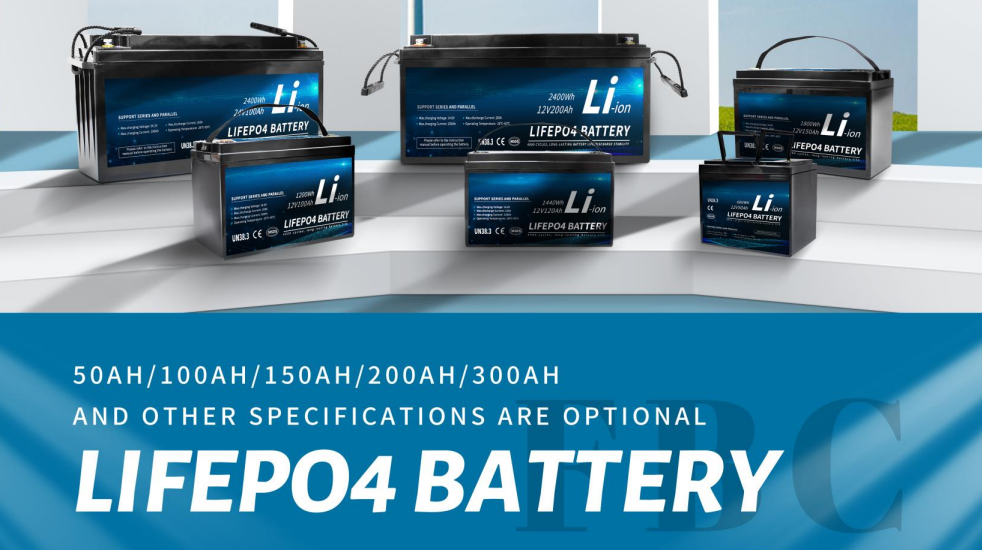How Safe Is A Li-Ion Battery Pack?
How Safe Is A Li-Ion Battery Pack?
Lithium-ion (Li-ion) battery packs are generally safe when used and handled properly, but they do come with some safety considerations due to their chemistry and construction:
Risk of Thermal Runaway: If damaged, overcharged, or exposed to high temperatures, Li-ion batteries can undergo thermal runaway, a process where the battery overheats and can potentially catch fire or explode. This risk is mitigated by built-in safety mechanisms within the battery pack itself and by proper charging practices.
Manufacturing Quality: The safety of Li-ion battery packs heavily depends on the quality of manufacturing and design. Proper assembly and testing are critical to ensure that cells are well-protected and that the pack can handle stresses without compromising safety.
Usage Conditions: Li-ion batteries should be used within specified voltage, temperature, and current limits. Exceeding these limits can lead to performance degradation, reduced lifespan, and safety risks.
Physical Protection: Mechanical damage, such as puncturing or crushing, can lead to short circuits within the battery cells. This underscores the importance of robust packaging and protective casings around battery packs.
Charging Practices: Charging Li-ion batteries with incorrect chargers or using damaged charging cables can lead to overheating and safety hazards. Following manufacturer guidelines for charging and using approved chargers is crucial.
Transportation and Storage: Li-ion batteries should be stored and transported properly to prevent physical damage and short circuits. Many transportation regulations require batteries to be carried in carry-on luggage rather than checked baggage due to safety concerns.
Recycling and Disposal: Proper recycling of Li-ion batteries is essential to prevent environmental contamination and to recover valuable materials. They should not be disposed of in regular trash.
In summary, while Li-ion battery packs are generally safe for everyday use, users and manufacturers must adhere to safety guidelines and standards to minimize risks. Advances in battery technology and stringent safety standards continue to improve their overall safety profile.

 English
English
Home Energy Storage with Solar Panels: How Does It Work
As homeowners look for cleaner and more reliable ways to power their homes, combining solar panels with a home energy storage system has become an increasingly popular solution. This integrated approach allows households to generate, store, and use their own electricity, reducing dependence on the traditional power grid while improving energy resilience.
Read MoreCan a Home Battery System Power My House During a Blackout
Power outages caused by extreme weather, grid failures, or maintenance issues are becoming more frequent in many regions. As a result, homeowners are increasingly asking whether a home battery system can keep their house running during a blackout. The short answer is yes—but how much of your home it can power and for how long depends on several key factors.
Read MoreHow Much Does a Home Energy Storage System Cost
As energy prices fluctuate and renewable energy adoption accelerates, home energy storage systems are gaining attention from homeowners seeking greater energy independence and reliability. One of the most common questions is: how much does a home energy storage system actually cost? The answer depends on several factors, including system size, battery technology, installation requirements, and intended use.
Read More